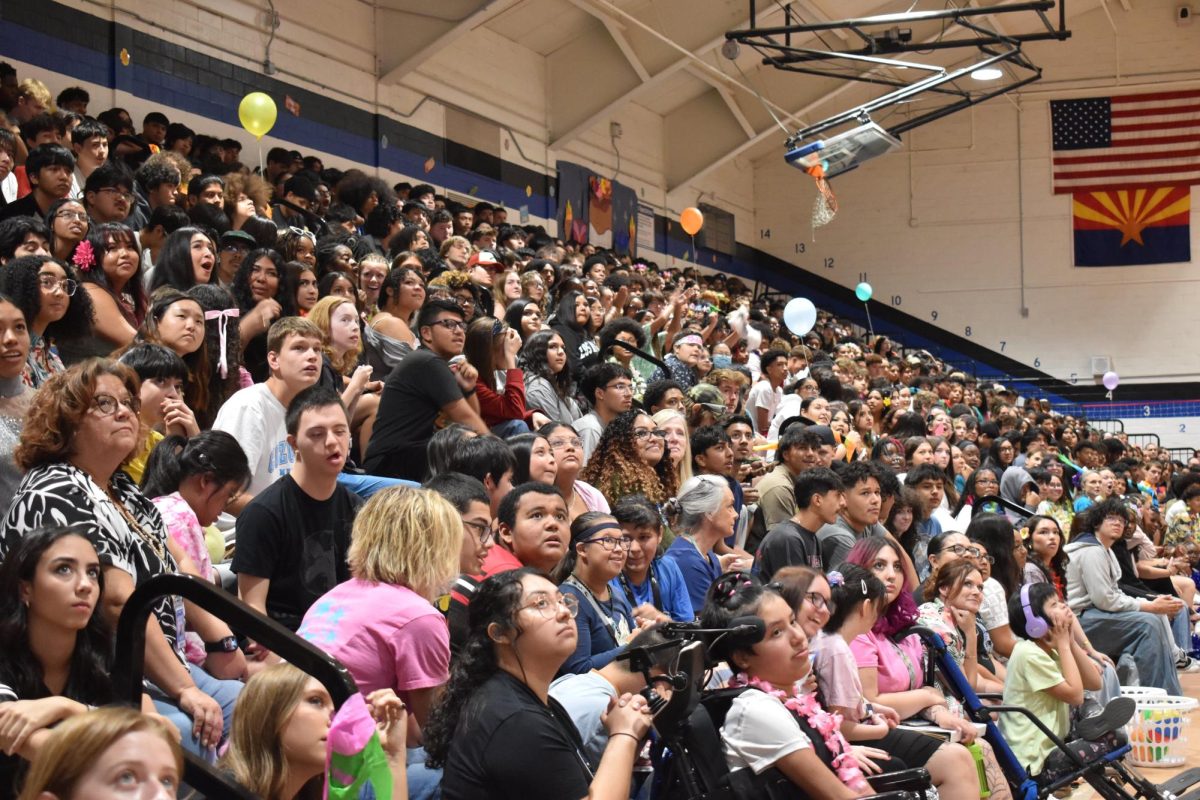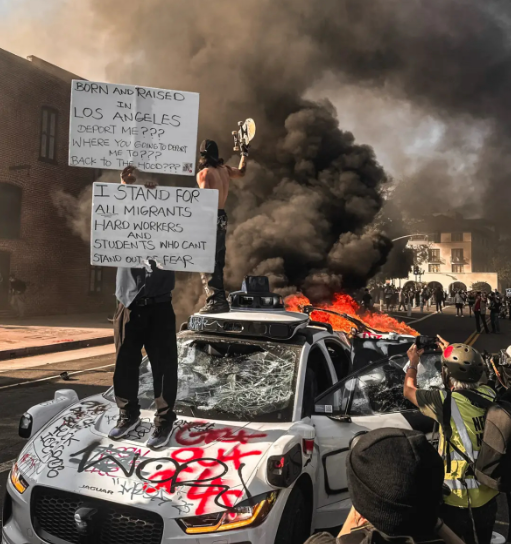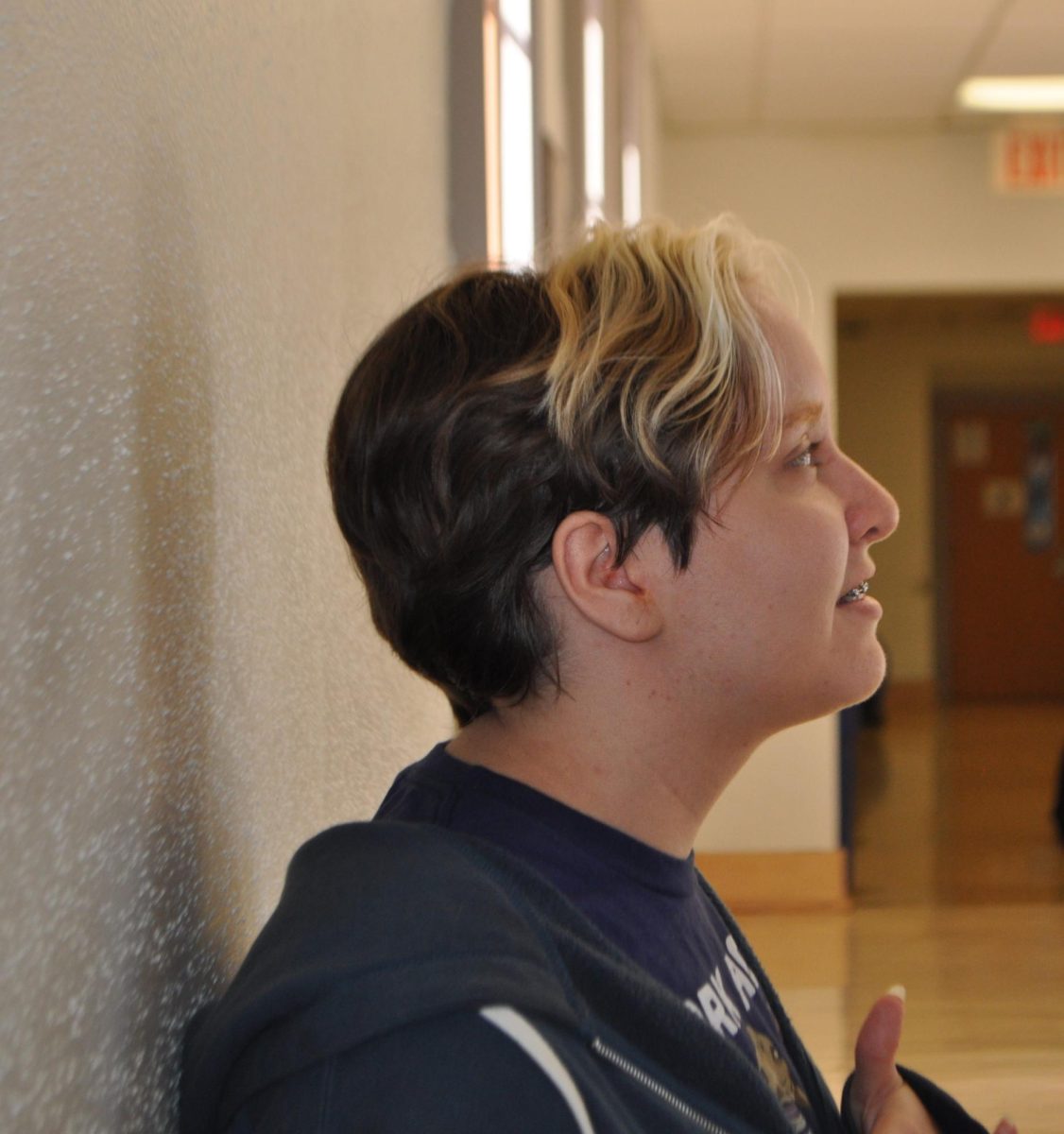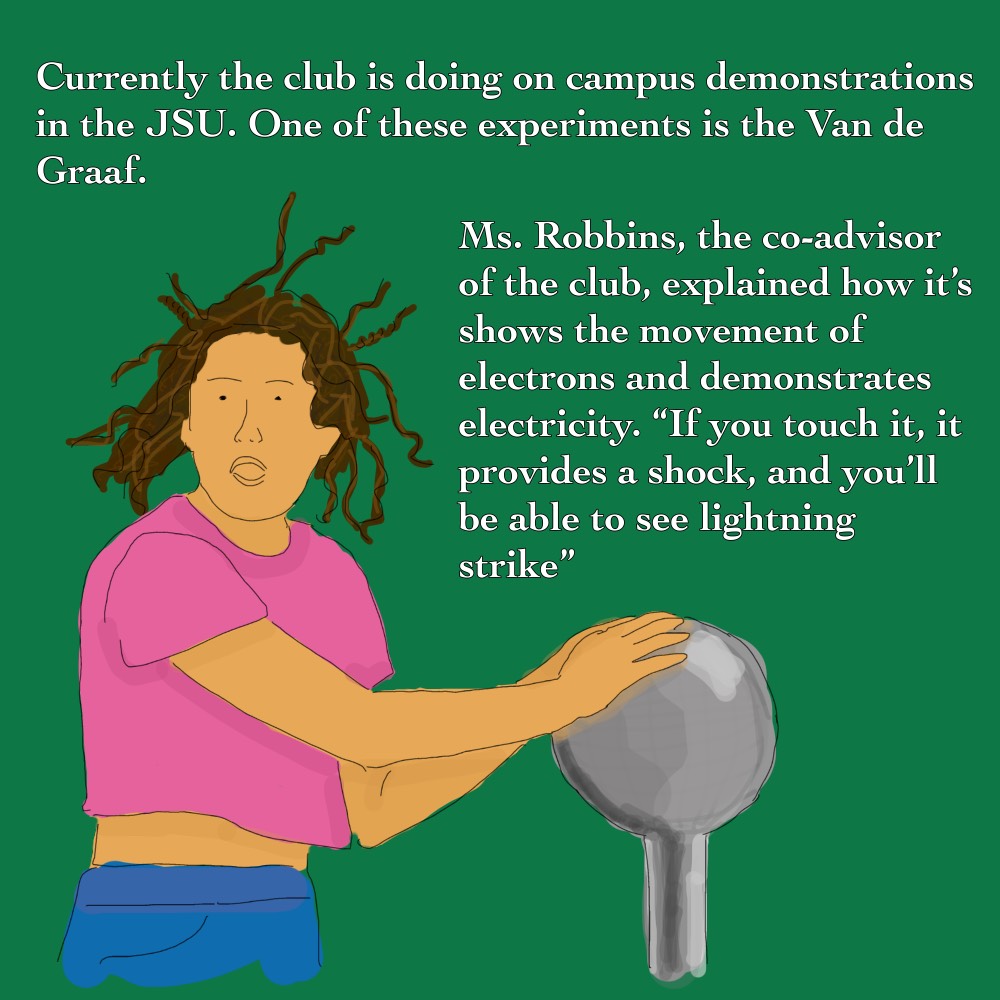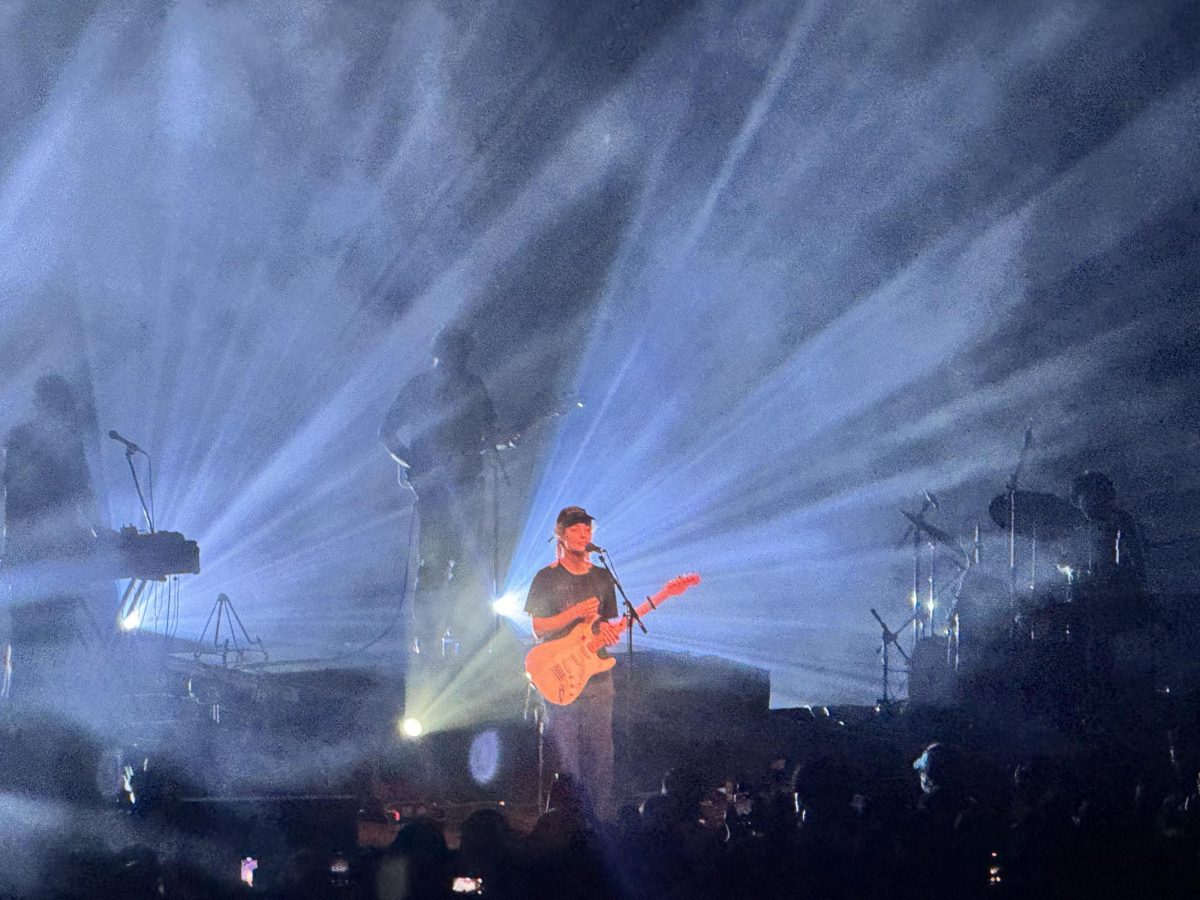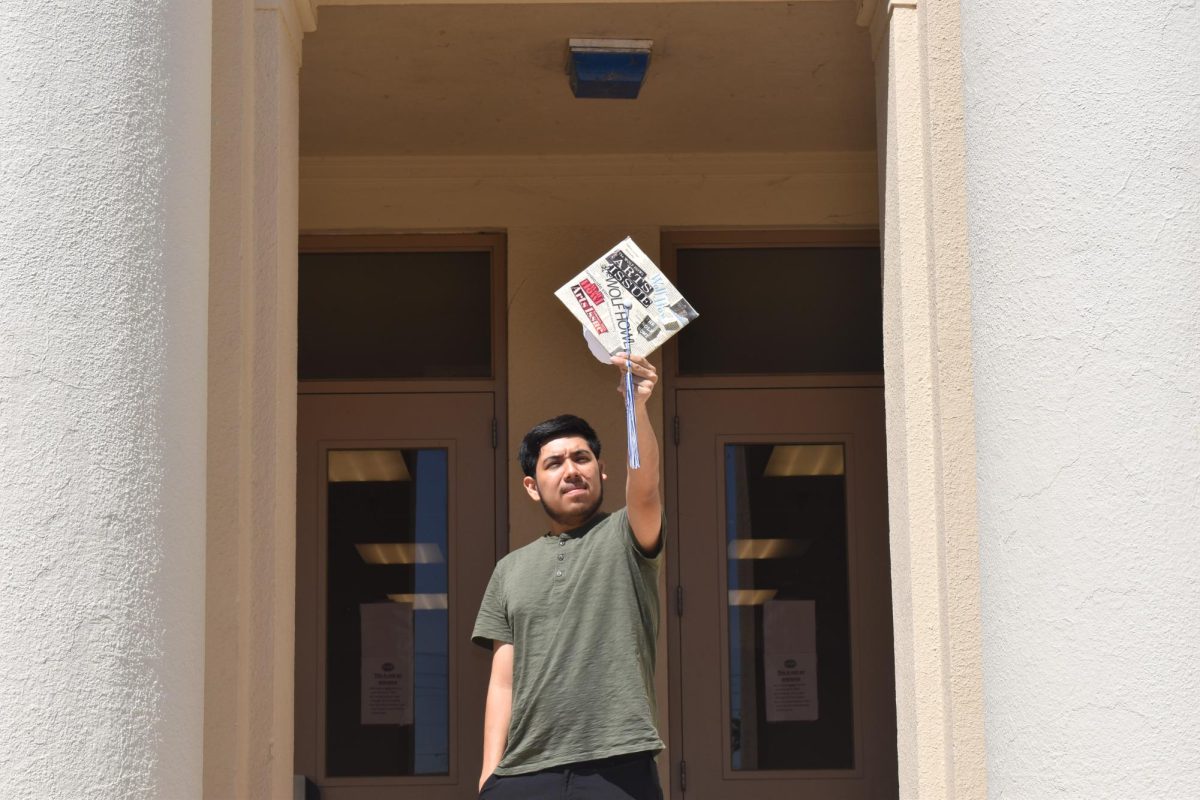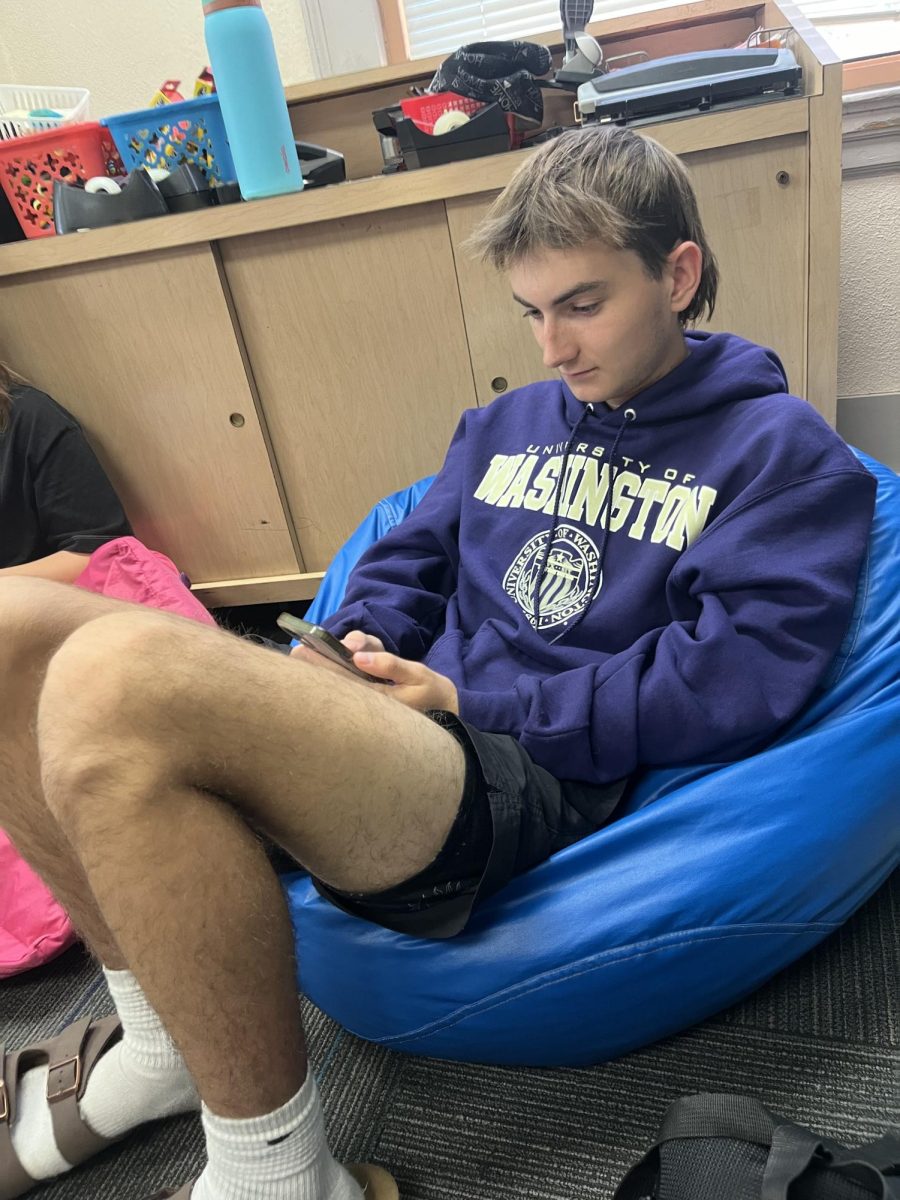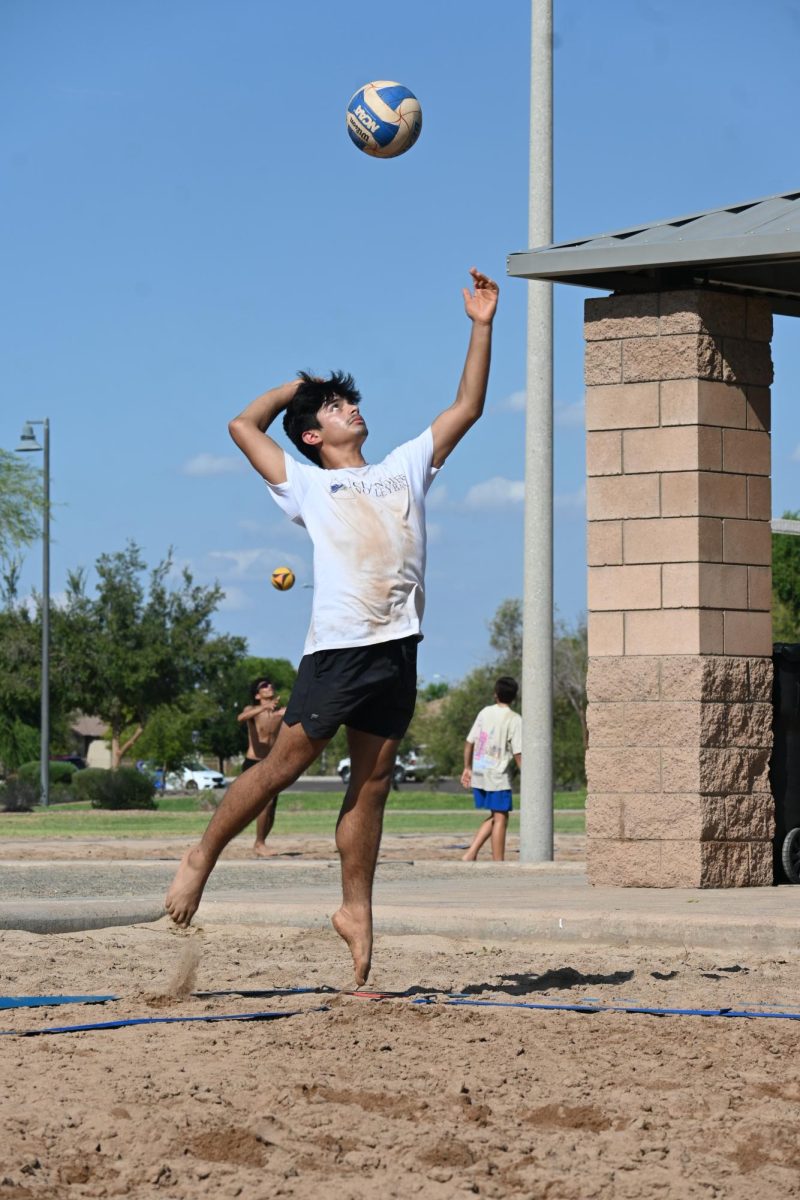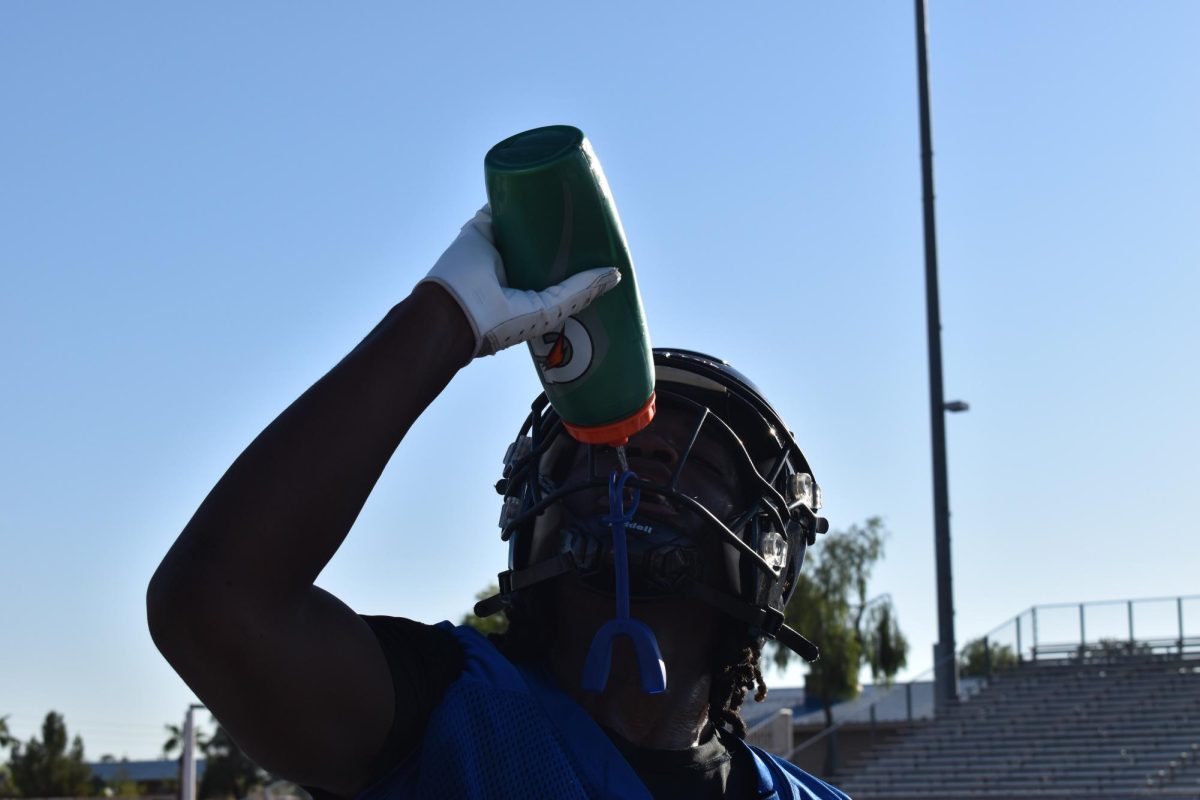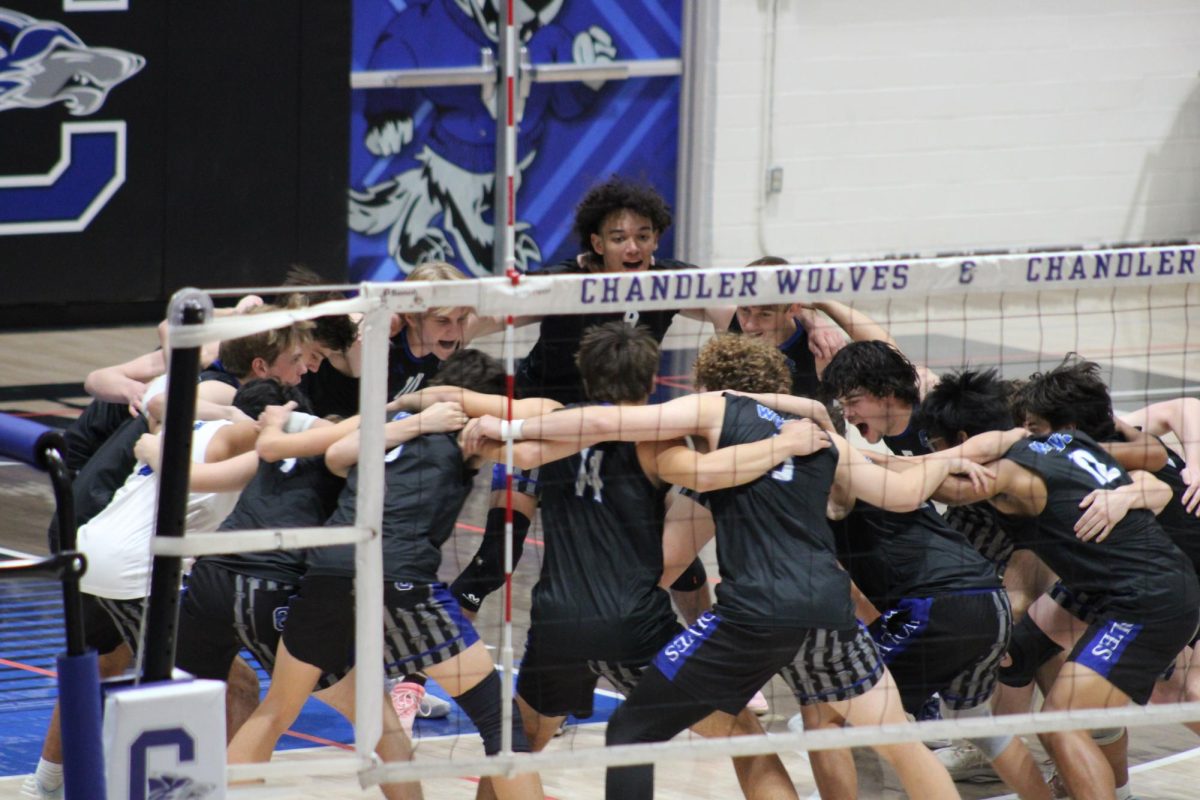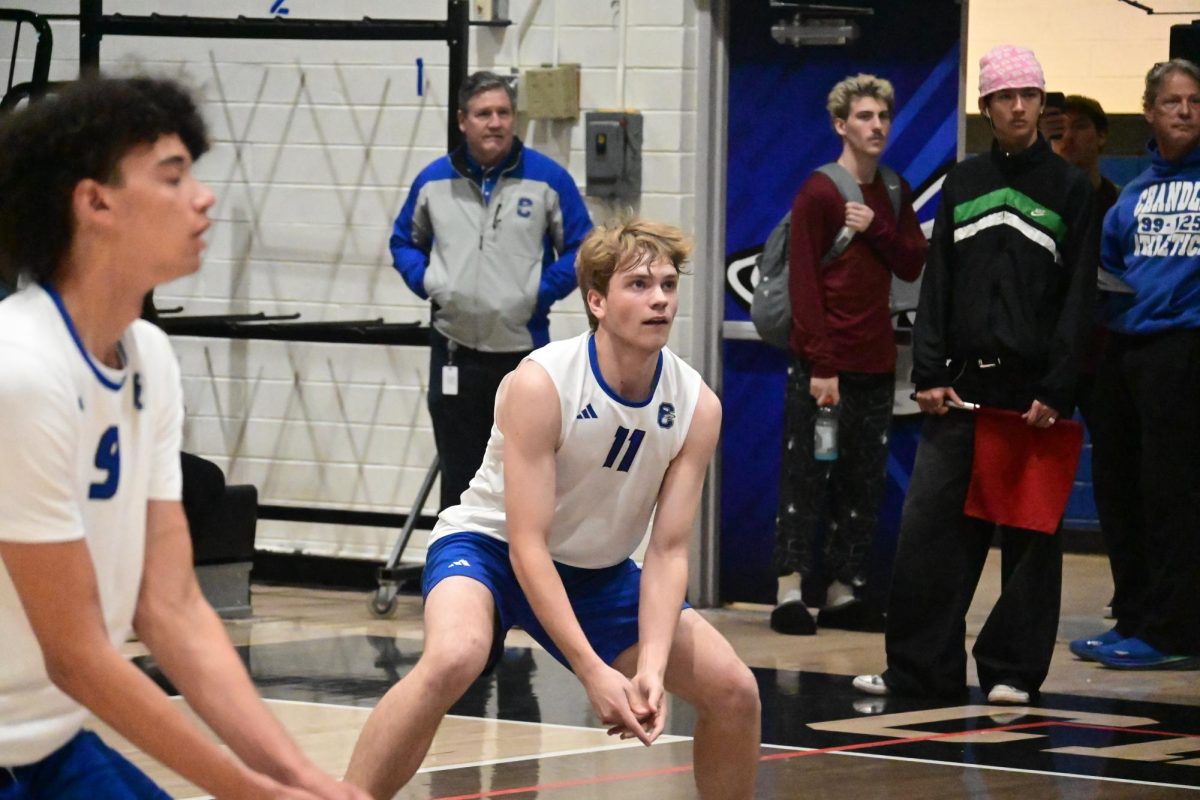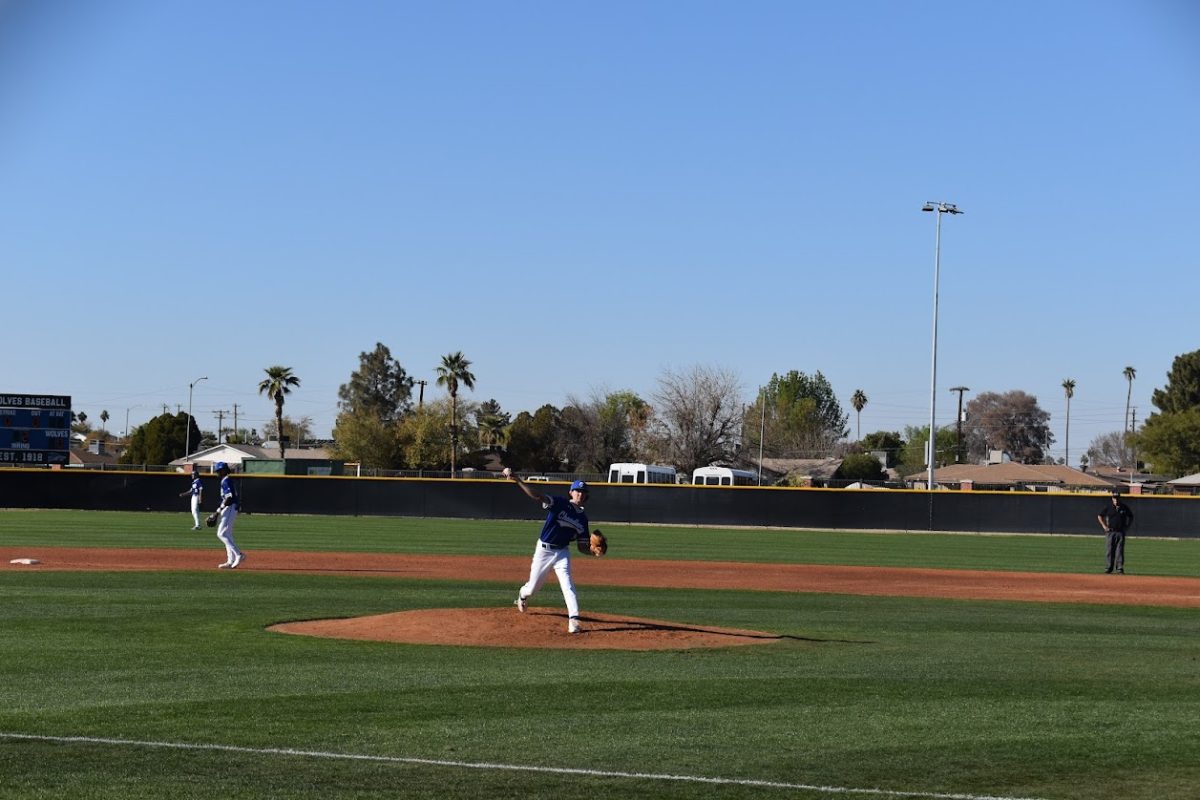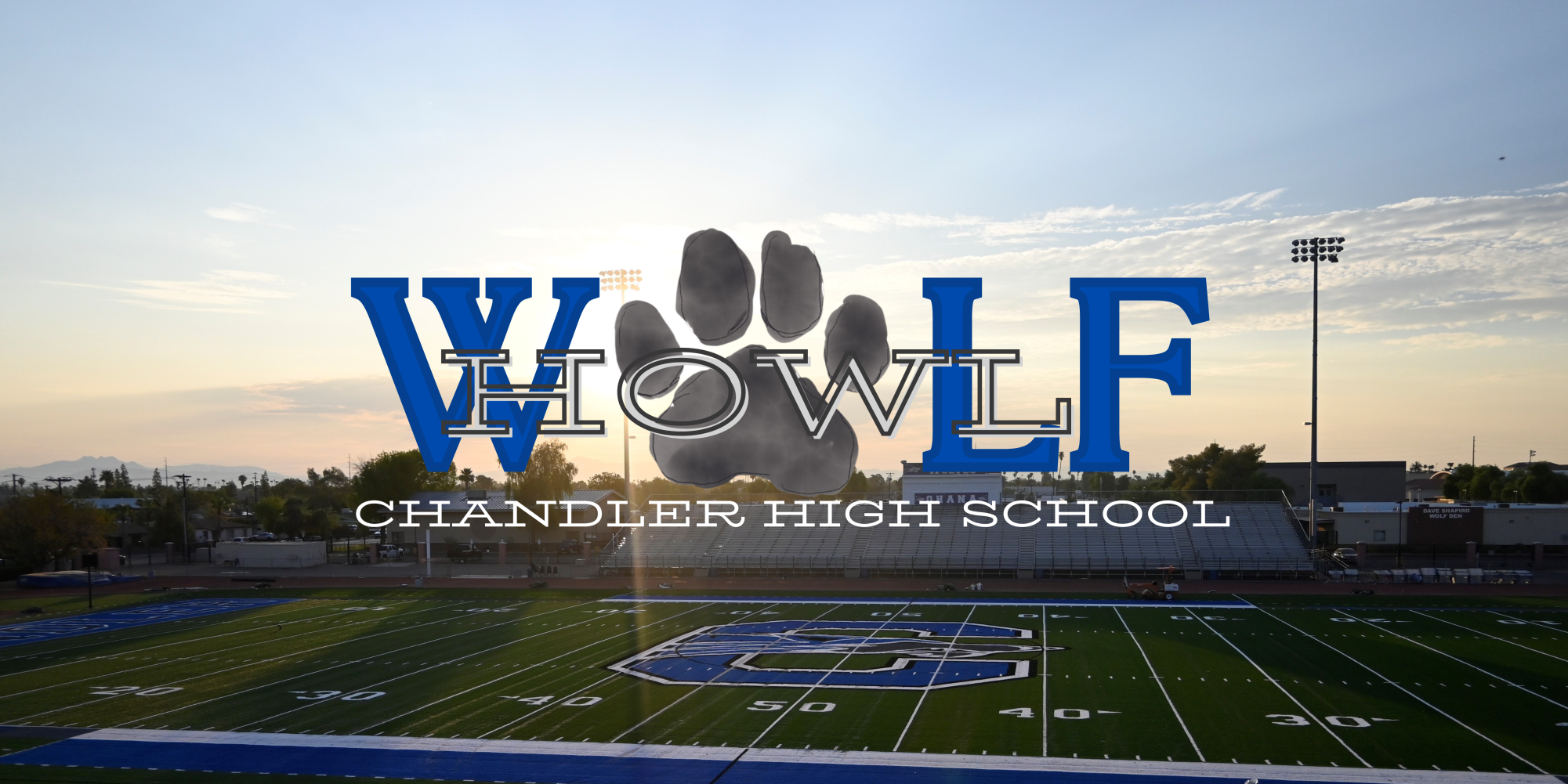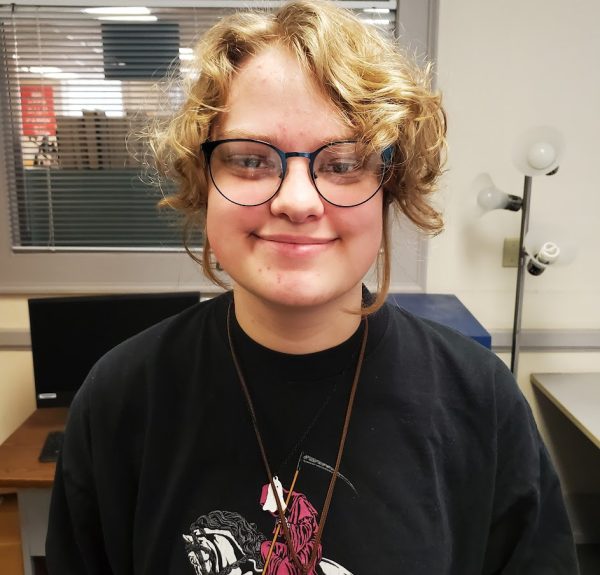With the idea that the internet is a limitless well of information, it’s not a stretch to say that there are some discrepancies in what you end up getting. Misinformation is more common than you think, but not everyone cares enough to check the facts they’re consuming. So, if someone were to build their platform based on factual information, it’s easy to understand that they’d get a lot of followers.
Which brings us to one Brittany Broski. Previously a star of Vine, Broski has taken to TikTok to promote her podcast, The Broski Report. To say her platform exploded would be an understatement. Broski is not only an incredibly entertaining comic, but she has demonstrated a deep understanding of our modern society. You’ll hear not only witty and relatable commentary on Call of Duty characters but also incredible philosophical ideas on life. As a result, many people look up to Broski.
However, recently, Broski has gotten herself caught up in a recent controversy that is making thousands rethink their opinions on her. Because of the often very introspective nature of Broski’s perspective, many fans asked her to talk about the recent war and genocide in Palestine on her podcast. Broski remained radio silent for enough time that fans were beginning to worry. Then, on her private Instagram story, Broski claimed “…Sorry, it’s not funny, but it’s absurd. What dystopian universe do I have to address the situation in the Middle East at the top of the podcast episode? In what universe am I a voice to speak on this?”
Naturally, this leaked clip caused outrage. Fans have begun to call Broski entitled or claim that she is selfish in using her privilege to avoid speaking on the topic. However, many fans defend Broski, saying that those who’ve abandoned her are hypocrites and that Broski has the liberty to do what she wants.
After the fallout of this leaked video, Broski took time before returning to any of her platforms. When she did, she came with an apology. “I completely understand the weight of having a platform and… the power of silence when you have a platform. My silence hurt and confused a lot of people who love and support me, and for that, I can’t tell you how sorry I am.”
While I think this was a decent enough apology, I think there are other pressing matters to be thinking about regarding the Brittany Broski controversy. For one thing, why are we asking internet celebrities for their perspectives on the current crises going on now? I agree with the idea that anyone with a platform should speak on what they’re able to, but that is in regards to what they can speak on. All of Broski’s previous shared perspectives have been on things she’s understood clearly. To talk and use something she doesn’t know the full extent of, like the war in Palestine, she is putting herself at risk of saying something insensitive, incorrect, or damning in general.
At the same time, though, Broski has said herself that those with a large platform need to be held to a higher standard with what they speak on. “If you can, then why don’t you? If you have a platform, and you have people’s ears, you have their attention, how dare you not? How dare you not say things that matter?”
In a way, Broski is being held to that same standard. By all means, Broski’s statement on Instagram was not wise to make, and her initial silence looked more like complacency than anything else. She should be held accountable. However, bashing Broski’s image by saying she’s entitled and has always been this complacent feels wildly excessive. This situation as a whole is delicate. Nothing can be generalized without the immense risk of getting something wrong or disregarding important information.
In an age where communication between small voices and those with incredibly vast followings, I think it’s important to listen to the voices that matter. Celebrities who don’t understand what they’re talking about are nowhere near qualified to receive information. Still, those celebrities should use their platform to elevate those who are qualified to speak. If they do not, they naturally should be held accountable— but this should be in a manner that doesn’t detract from why people are outraged in the first place. Above all else, those who are currently suffering should be the focus of attention.
Act when and where you can. Give voices to those who can’t speak. Form your own opinions based on your research and experience. We are in a pivotal moment in history, and it is important now more than ever to pay attention to where you get your information and opinions.


